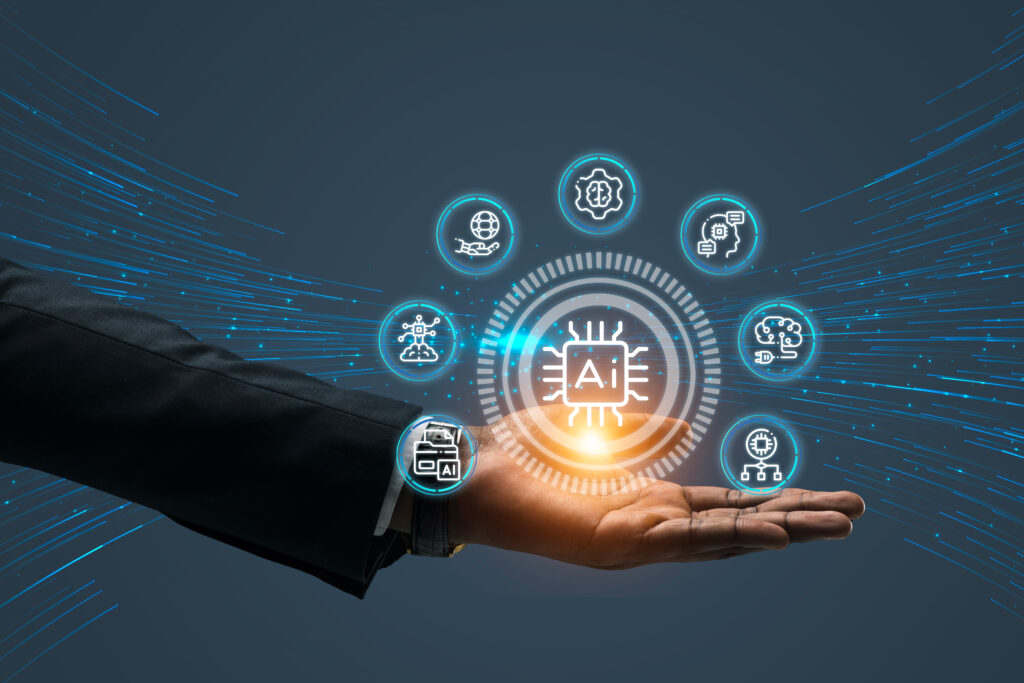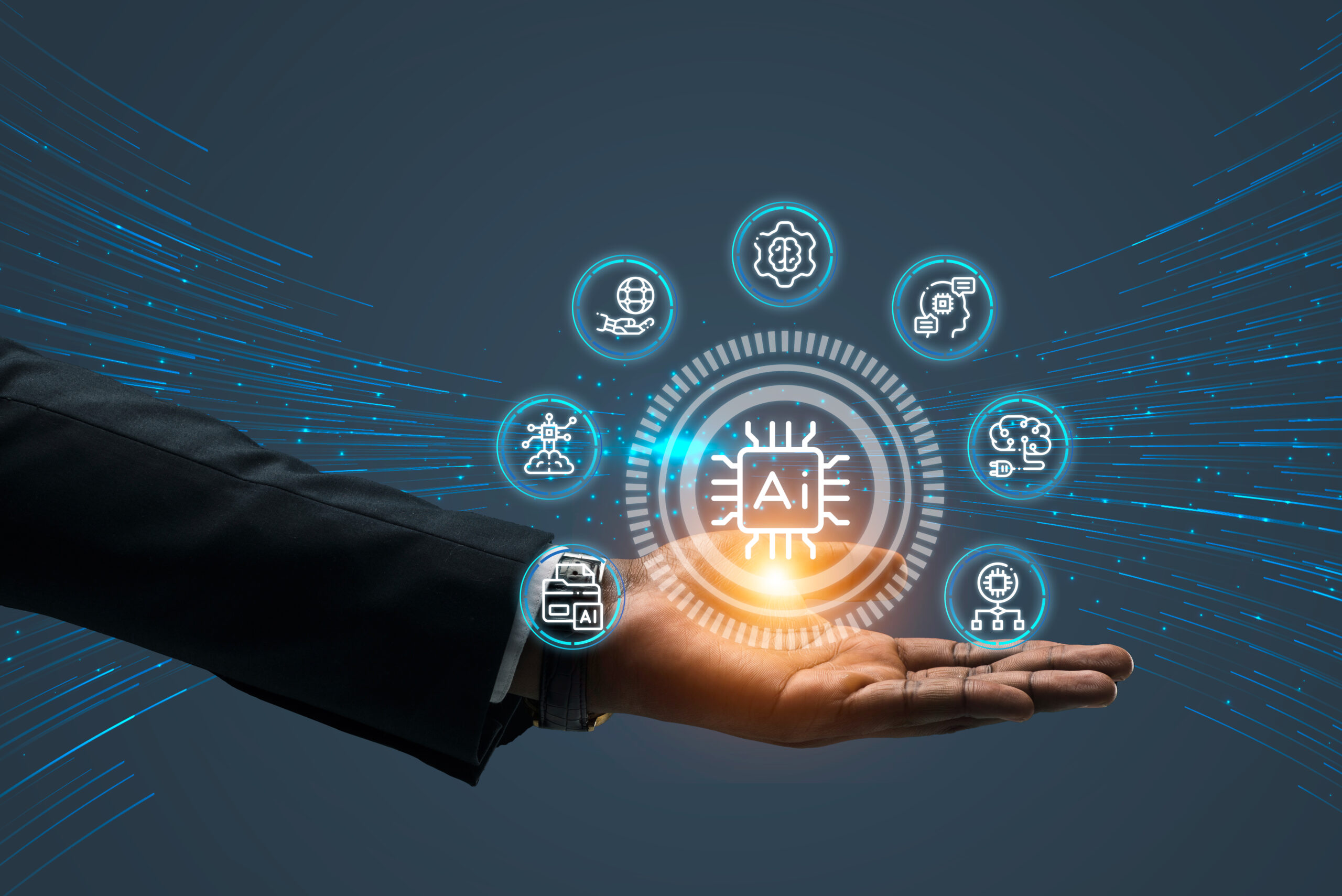
Embracing the AI revolution while navigating HR’s evolution
The AI revolution is transforming industries across the globe, with artificial intelligence reshaping the way we approach work and innovation. For human resources (HR) professionals, this era brings both challenges and opportunities. Adapting to this changing landscape is crucial for HR to not only survive but also excel, leveraging AI to enhance their roles and contribute significantly to organisational success.

From core functions to strategic advantages
Traditionally, HR focused on core functions like recruitment, compliance and employee management. Today, technological advancements, especially in AI, have expanded and enriched these roles. From enabling smarter resume screening and online proctored exams to AI-powered chatbots, AI’s role in HR transcends traditional boundaries, offering solutions that are not only efficient but also unbiased and personalised.
Transforming recruitment and selection
AI is revolutionising recruitment by automating the screening process, allowing for the quick identification of top candidates from a vast pool of resumes. Compared to traditional methods, online remote proctoring exams further enhance the selection process, offering a broader reach, unbiased assessment and efficient candidate screening.
In addition, AI-powered chatbots enhance the candidate experience by facilitating seamless interactions, answering queries and scheduling interviews, thus streamlining the recruitment process further. AI algorithms also help eliminate unconscious bias during the screening process, leading to a more diverse and qualified talent pool. This not only broadens the scope of talent acquisition but also reinforces the credibility of the evaluation process.
Elevating onboarding and training
The onboarding and training phase is another area where AI makes a significant difference. Customised learning experiences created through AI-powered platforms cater to individual learning styles, enhancing the effectiveness of training programmes.
Furthermore, AI chatbots act as round-the-clock assistants, providing new hires with immediate answers and support, making the onboarding experience more engaging and informative.
Redefining performance management
AI-driven tools transform performance management by offering detailed insights into employee performance, facilitating a more objective and data-driven approach to evaluations. These tools not only highlight areas for improvement but also identify strengths, enabling personalised development plans that enhance employee experience while conforming to the organisation’s goals.
Optimising talent management and employee retention
AI helps pinpoint employees with leadership qualities, ensuring talent is nurtured and prepared for future roles. It also analyses patterns and trends to predict potential turnover, enabling proactive measures to retain top talent.
The challenges of adopting AI and how to navigate them
Despite its clear benefits, incorporating AI in HR comes with several challenges, such as data security, employee reluctance to adapt, inflexible AI solutions, etc. Addressing these issues requires transparency, effective communication and a commitment to ethical AI practices. Collaborating with knowledgeable AI vendors can also smooth the transition, ensuring AI solutions are effectively integrated into HR functions.
With continuous evolution, HR professionals also need to develop new competencies to effectively utilise AI. Skills in AI technology, data analytics and strategic planning are extremely important. What plays a key role here is finding a balance. The collaboration between humans and AI can make or break organisational culture and performance. Here are some strategies to help organisations sail smoothly:
- Foster an AI-ready culture: Introduce comprehensive AI training programmes and set up innovation labs or hackathons where employees can collaborate on AI projects. This hands-on approach can demystify AI and encourage a proactive attitude towards AI.
- Ensure data integrity and security: Schedule periodic audits and implement advanced security protocols, such as encryption, two-factor authentication and secure access controls to protect sensitive HR data.
- Customise AI solutions: Pinpoint the specific challenges or inefficiencies within your HR processes that AI could address and choose AI solution providers willing to customise their applications.
- Measure results: Define clear key performance indicators (KPIs) for each AI implementation and track them in real time.
Conclusion
The integration of artificial intelligence into HR practices is essential for the future of work. Its impact on recruitment, employee experience, talent management and retention offers profound benefits for organisations. By embracing AI, HR professionals can lead their organisations towards innovation and continuous improvement, ensuring a competitive edge in the dynamic digital landscape. The AI revolution presents an opportunity for HR to redefine its role, making a significant contribution to organisational success in this new era.